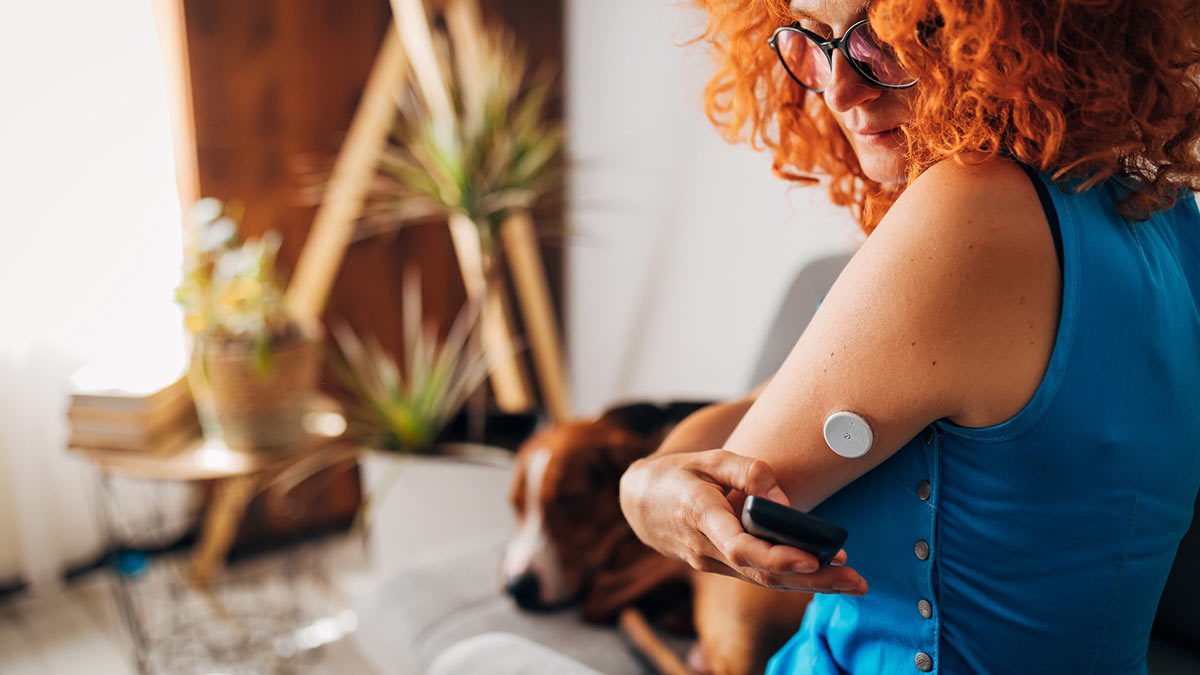Miniature medical devices have the potential to screen, monitor, diagnose and treat a range of body functions, conditions and diseases. But implanting these devices into the body requires safe, non-toxic materials. The biocompatible materials developed by the EU-funded BioWings project could open the door to a new era of medical innovation for EU citizens and the world, it has been revealed.
Meeting the health demands of a growing – and ageing – population requires smart, effective and affordable solutions. One such solution is the use of small, implanted devices that can respond to a range of health conditions automatically and remotely.
The good news is that these devices are already here, such as the continuous glucose monitors worn by those with diabetes. Scientists are making significant progress on further biomedical devices that, once implanted into the body, can continuously measure a patient’s heartbeat or release medication directly into the bloodstream.
The bad news is that the potential of these innovative devices is severely limited by a lack of safe, biocompatible materials. “While there are a number of miniature medical devices in development, they often contain lead-based compounds that are not compatible with an are thus harmful to humans,” said Nini Pryds, a professor at the Technical University of Denmark.
With the support of the EU-funded BioWings project, Pryds is leading an effort to develop smart, safe, biocompatible materials for use in the next generation of microelectromechanical systems (MEMS), those incorporating both electronic and moving parts.
“The future of medicine is in the miniature, and our materials aim to enable such a future by opening the door to the development of non-toxic miniature devices that can be safely implanted into the human body,” added Pryds.
The goal of the project was to develop biocompatible materials with similar properties to piezoelectric materials, the current ‘gold standard’ for MEMS, but without the lead and other harmful elements.
To do this, researchers focused their attention on cerium-based oxide materials, which are both non-toxic and environmentally friendly, and can function in low-energy devices – all key advantages for their potential use in implantable medical devices.
“Integrating cerium oxide into a biomedical electromechanical system would simply revolutionise medicine as we know it, creating a paradigm shift in terms of new materials application and opening the door to a new era of medical innovation,” explained Pryds.
The BioWings project is focused on the first steps: understanding the properties and behaviour of cerium-based oxide materials and how these properties can be best tackled so the material can be used in a range of MEMS applications.
“We made several breakthroughs that will have an immediate impact on the industrial development of cerium-based oxide materials for use in biomedical devices,” noted Pryds.
These breakthroughs include a film technology comparable to the very best lead-based thin films, and a new thin film device capable of determining a patient’s red blood cell count. Furthermore, researchers demonstrated the superior performance of several different cerium- based oxide materials.
The project produced two patents, and its results have been presented at a number of international conferences and in various publications. It led to the launch of two spin- off projects, Prisma and AcouSome, both
of which will further advance the material solutions set to define the next generation of non-toxic miniature devices.







